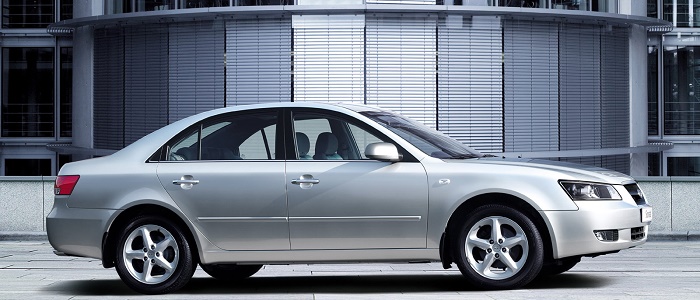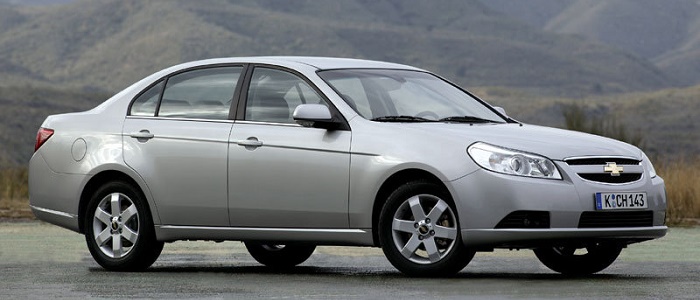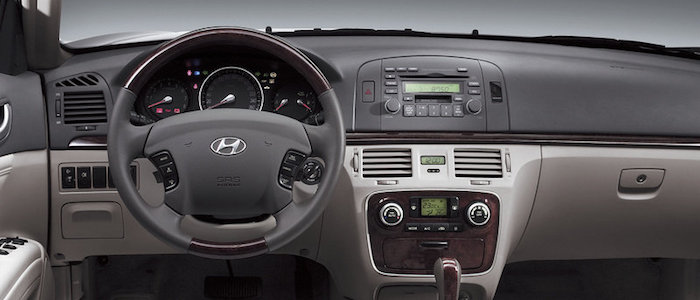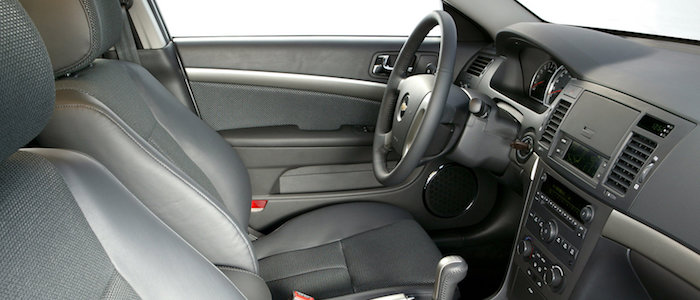Compare two cars
Compare any two cars and get our Virtual Adviser™ opinion
Marketing
Dimensons & Outlines
Engine
3.3 Lambda G6DB LP
Performance (manual gearbox)
Performance (automatic gearbox)
Expenses
Virtual Adviser's™ opinion
We are here considering two somewhat similar cars, but we can't deny some of the obvious differences. For a start, they are not even classified under the same segment, with the Hyundai being a luxury car and the Chevrolet representing large family car vehicle class. The first one has a Hyundai-engineered powertrain under the hood, a 6-cylinder, 24-valves 235hp unit, while the other one gets its power and torque from a 6-cylinder, 24-valves 156hp engine designed by Chevrolet.
SafetyThe fact that the Hyundai got tested by the European New Car Assessment Programme (Euro NCAP), while the other contender didn't, offers a slight advantage, as the 4-star rating is better than none. Moving further on, let's take a closer look at some additional safety-related facts. The first vehicle is a luxury car and that gives it a marginal advantage over the large family car competitor, at least that's what statistics show. Furthermore, taking kerb weight as an important factor into account, the Korean car offers a marginal difference of 3% more metal.
ReliabilityReliability is not the best thing to consider on the make level, but it is worth mentioning that both brands display similar results in faults and breakdowns, at least on all of the models level. These are the official statistics, while our visitors describe reliability of Hyundai with an average rating of 4.5, and models under the Chevrolet badge with 4.2 out of 5. Some independent research have also placed Sonata as average reliability-wise, and Epica is more or less at the same level.That apart, owners of different cars powered by the same engine as the Korean car rank it on average as 3.0, while the one under the competitor's bonnet gets 5.0 out of 5.
Performance & Fuel economyHyundai is undoubtly more agile, reaching 100km/h in 2.2 seconds less than its competitor. In addition to that it accelerates all the way to 230 kilometers per hour, 21km/h more than the other car. When it comes to fuel economy the winner has to be the American car, averaging around 9.3 liters of fuel per 100 kilometers (30 mpg), in combined cycle. We can't ignore that 9% difference compared to the Korean car.
Verdict
Chevrolet appears just a bit more reliable, although the difference is truly marginal. The most important thing when deciding between any two vehicles should always be safety, both passive and active. In my opinion, everything taken into account, the Korean car beats the other contender by far, making it the best choice without even considering other things. It all continues in the same direction, with Hyundai being considerably quicker, thus putting more smile on driver's face. It does come at a cost though, and that's the fuel consumption... I believe that, when we take all into account, we have only one winner here - the Hyundai. Anyway, that's the most objective conclusion I could've came up with and it's based solely on the information found on this website. Aspects such as design, practicality, brand value and driving experience are there for you to measure them out. Also, you could use the oportunity to find out which car, everything taken into account, would be the perfect choice for you in the eyes of the virtual adviser™, among thousands of similar, yet so different vehicles.































